As meditation’s popularity has grown, most people know that it’s something we probably “should” be doing, like reducing time spent looking at our phones and adding more vegetables to our diet. You’ve probably heard that it’s good for reducing stress and improving sleep, can help manage depression and even improve brain health, but have you tried it yet? It’s easy to find excuses to postpone getting serious about practicing meditation.
Here, Poppy Life Care Meditation instructor Nikki Carter presents five of the most common excuses she’s heard, and offers tips on how to remove roadblocks to meditating for your own health and wellness.
1. “I have to set aside time in my day.”
Not all meditation involves taking a break from your life. Mindfulness meditation is a form of meditation that can be practiced at any time during your day. Rather than asking you to take time away from your other tasks, you can meditate while you do those tasks! The basis of mindfulness meditation is simply paying attention, on purpose. This makes it a good fit for integrating into other daily tasks such as taking a shower, walking your dog or cleaning up around the house.
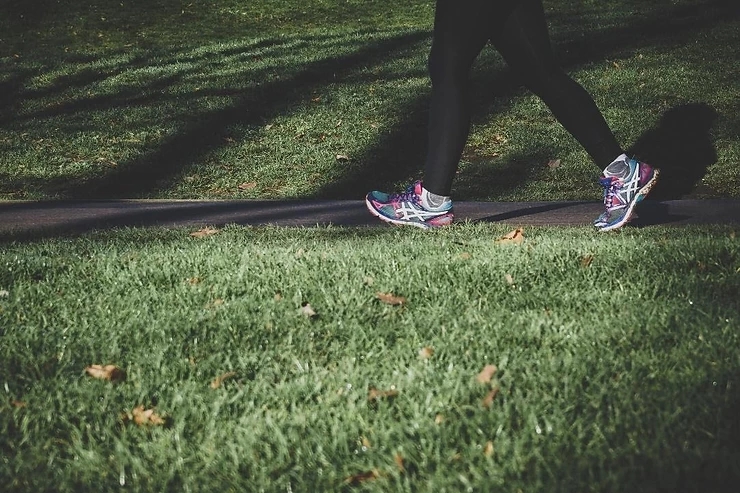
For more traditional seated meditation practices, you would need to set aside time from your day, but probably not as much as you think. Have you ever started scrolling through your phone and lost track of time only to notice 5, 10, or even 20 minutes have elapsed? If you could replace even one of those 5-10 minute sitting-and-scrolling sprees, you’ve made enough time to meditate.
2. “I don’t like sitting still.”
Nope again. As we’ve said, mindfulness meditations can be practiced while doing many other simple tasks, like washing dishes or having a meal. In addition to mindfulness, there are many kinds of more physical meditation practices for people who like to move their bodies. Walking meditation is one of the oldest and most traditional forms of meditation and is great for people who feel fidgety when they try to sit down and be still. Other mind-body practices like yoga, tai chi, or even running can be used as moving meditations.

3. “Meditation is a spiritual or religious practice; I’m neither of those things.”
You’d be surprised to learn that meditation inherently is NOT a spiritual practice and NOT associated with any singular religion. For people who choose to follow religious or spiritual practices, meditation might be used to connect to whatever higher power one believes in. However for those who are agnostic, atheist, or simply prefer to keep meditation and religion separate, meditation is used as a tool to connect to oneself.
Meditation is basically a mental exercise that has stood the test of both ancient time and modern science to show that it has many benefits for anyone who practices it.
4. “I want to feel good immediately.”
It’s common to feel peaceful or energized after practicing meditation, but if this isn’t the case, that might be a good sign! One of the most important tools we learn in meditation is how to manage our own discomfort, whether it is physical discomfort or the mental discomfort of paying attention to our own thoughts. It might feel tiresome or discouraging at first. But just like if we were training for a long run, there would be times of discomfort — but in the end, we learn to strengthen our mental and emotional stamina.
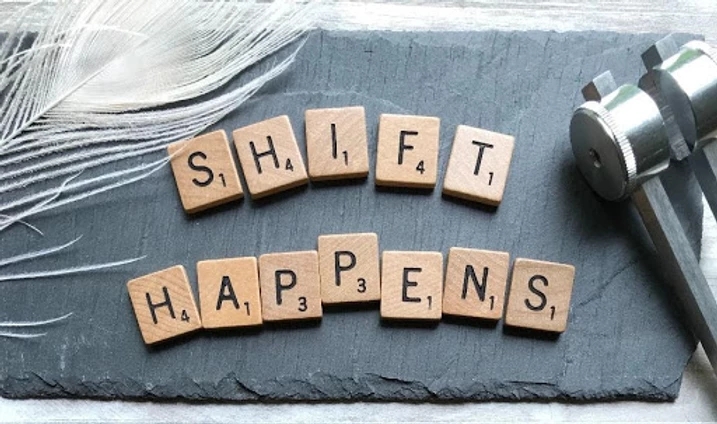
With practice, we learn to witness any our thoughts and feelings as an observer of our own brain chatter, rather than participate and react. Any uncomfortable feelings are not facts, and any uncomfortable stories our brain might be telling us when we meditate are often not happening in the moment, but rather a projection of the past or future. Through meditation, we learn to have a healthier relationship with our thoughts and strengthen our ability to rise above these uncomfortable moments.
5. “It’s selfish to take time to myself.”
You know how airline safety instructions tell you to put on your own mask before you help others to put on theirs? Meditation works the same way. Once you start a meditation practice and begin to take care of your mental well being, it actually enhances your ability to care for others and show up for the relationships in your life that require your energy, whether they’re at work, home, your friendships, or a combination of those things. By relieving stress, helping you to manage uncomfortable emotions, and improve your sleep patterns, you’ll find that you have more physical and emotional energy. Learning to meditate, though it may feel daunting at first, pays dividends not just for yourself, but in your ability to care for your loved ones as well.
So, no more excuses! Take the plunge and discover the most accessible way to improve your mental health. Visit www.poppylifecare.org/meditationseries to see pre-recorded sessions and sign up for virtual sessions, too!
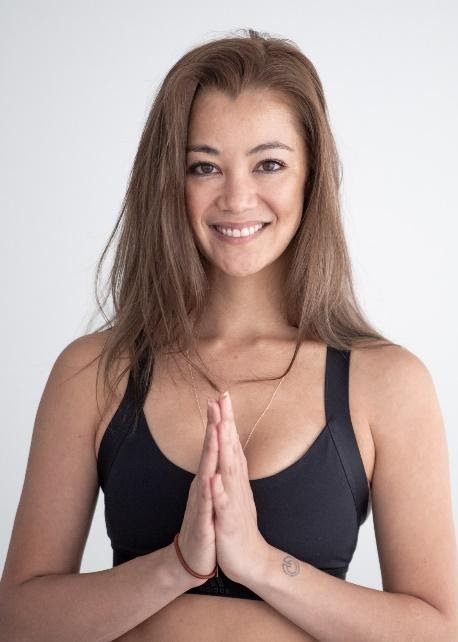
Nikki Carter holds a Master’s Degree in Psychology from Columbia University, specializing in mind body practices. She taught yoga and meditation for over 10 years in New York City, in addition to training over 1,000 people to teach yoga and meditation. In her free time she runs mindfulness retreats for women through her passion project, We Are Self-Centered. Poppy Life Care is proud to include Nikki as one of its new Meditation instructors.
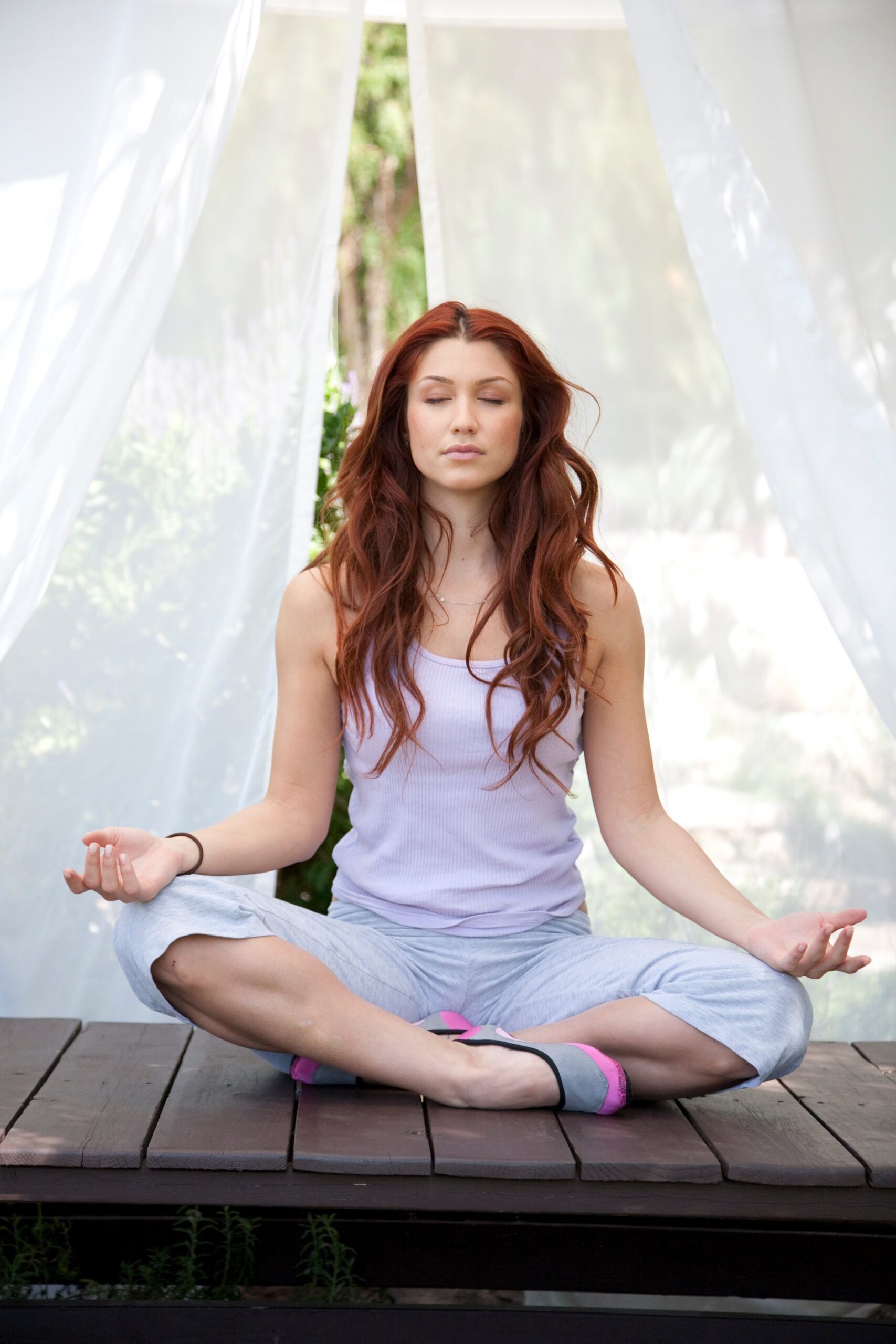



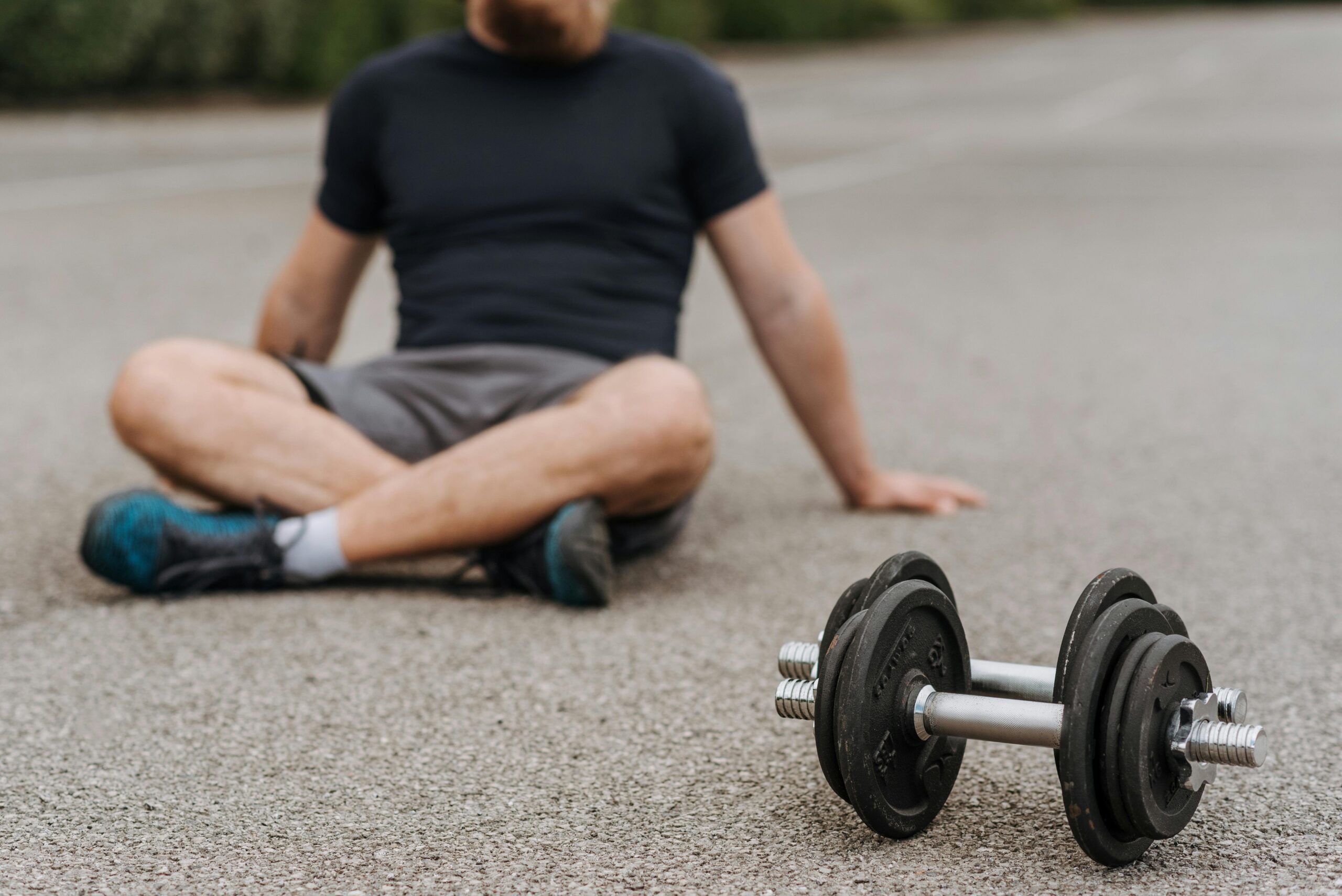
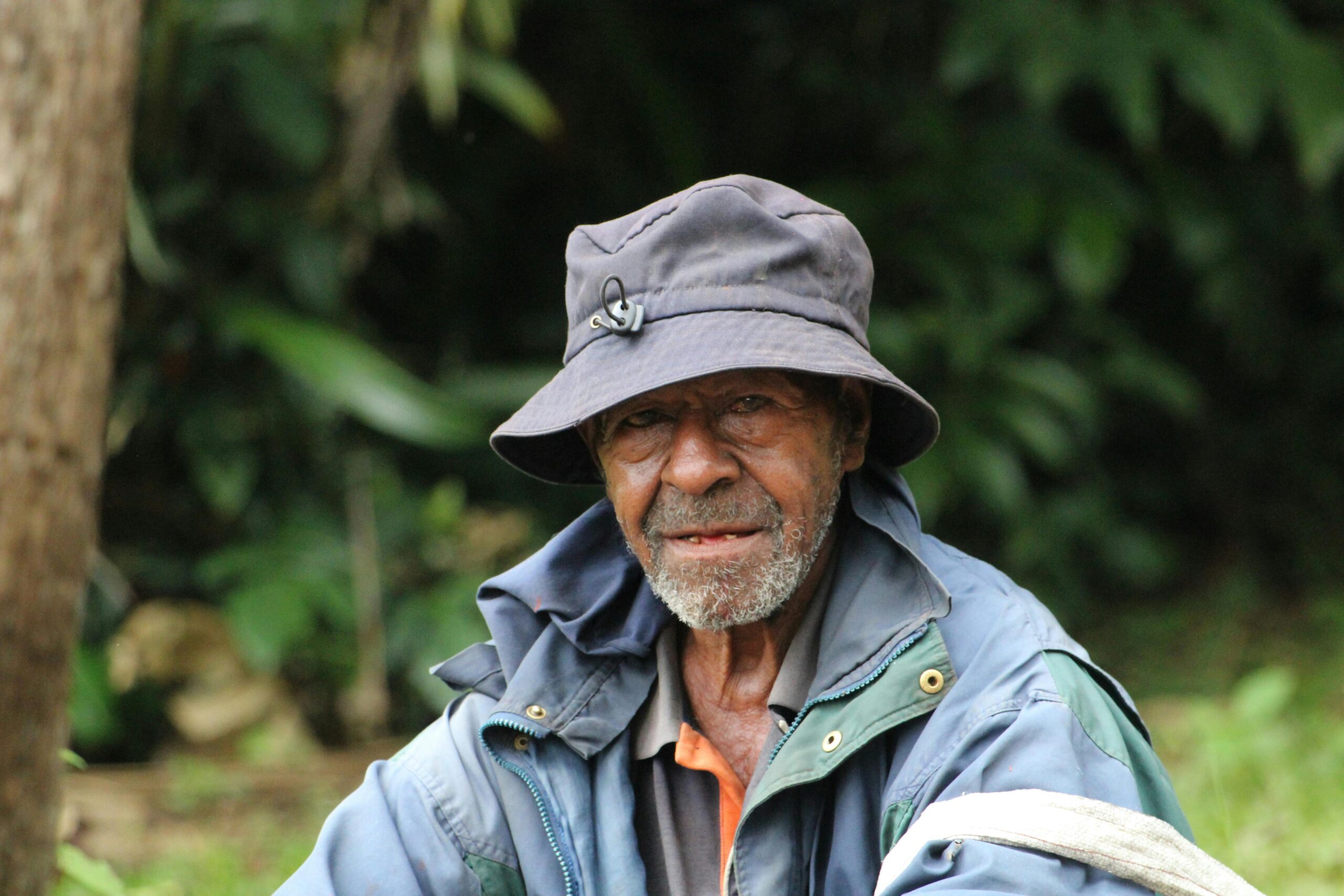
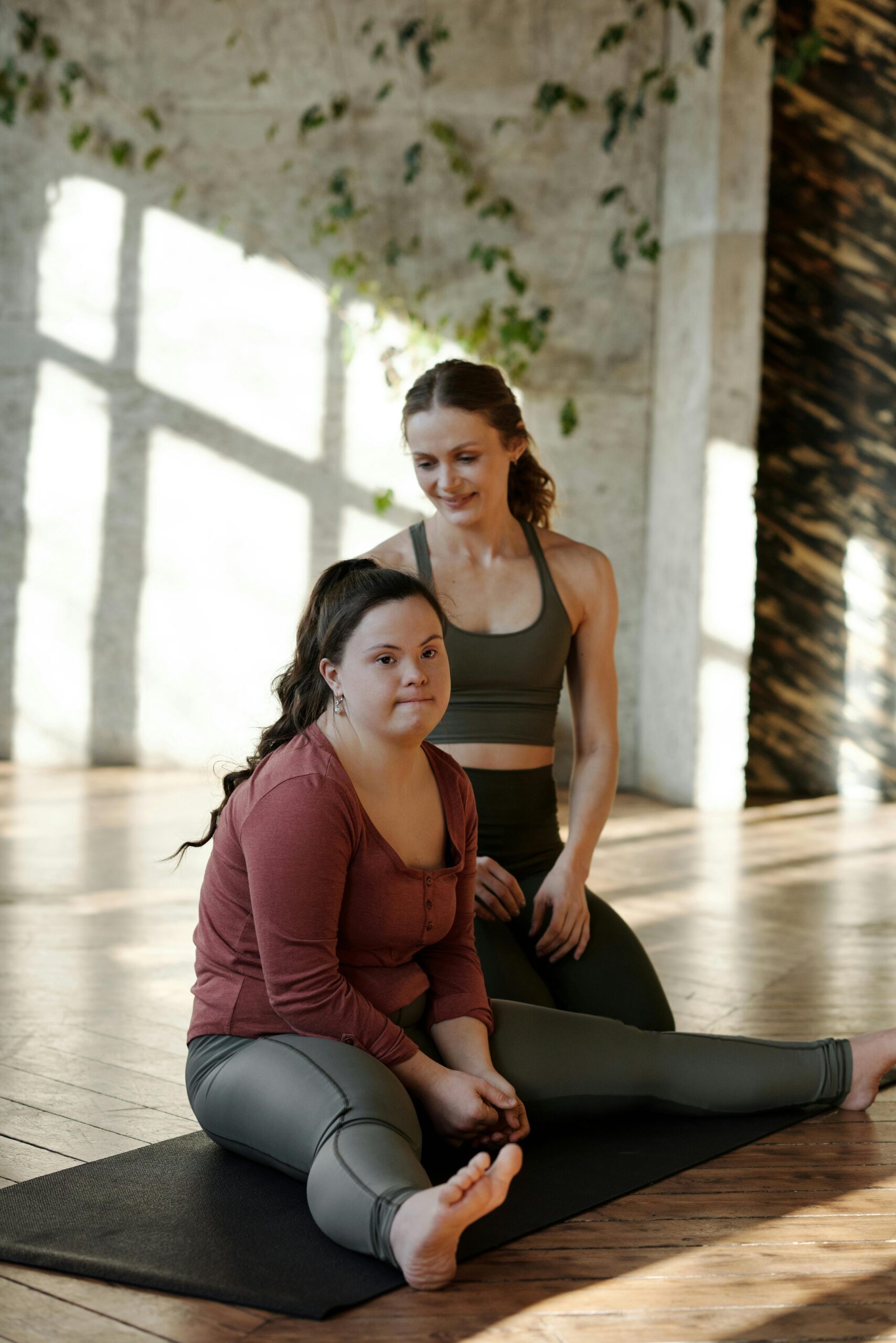


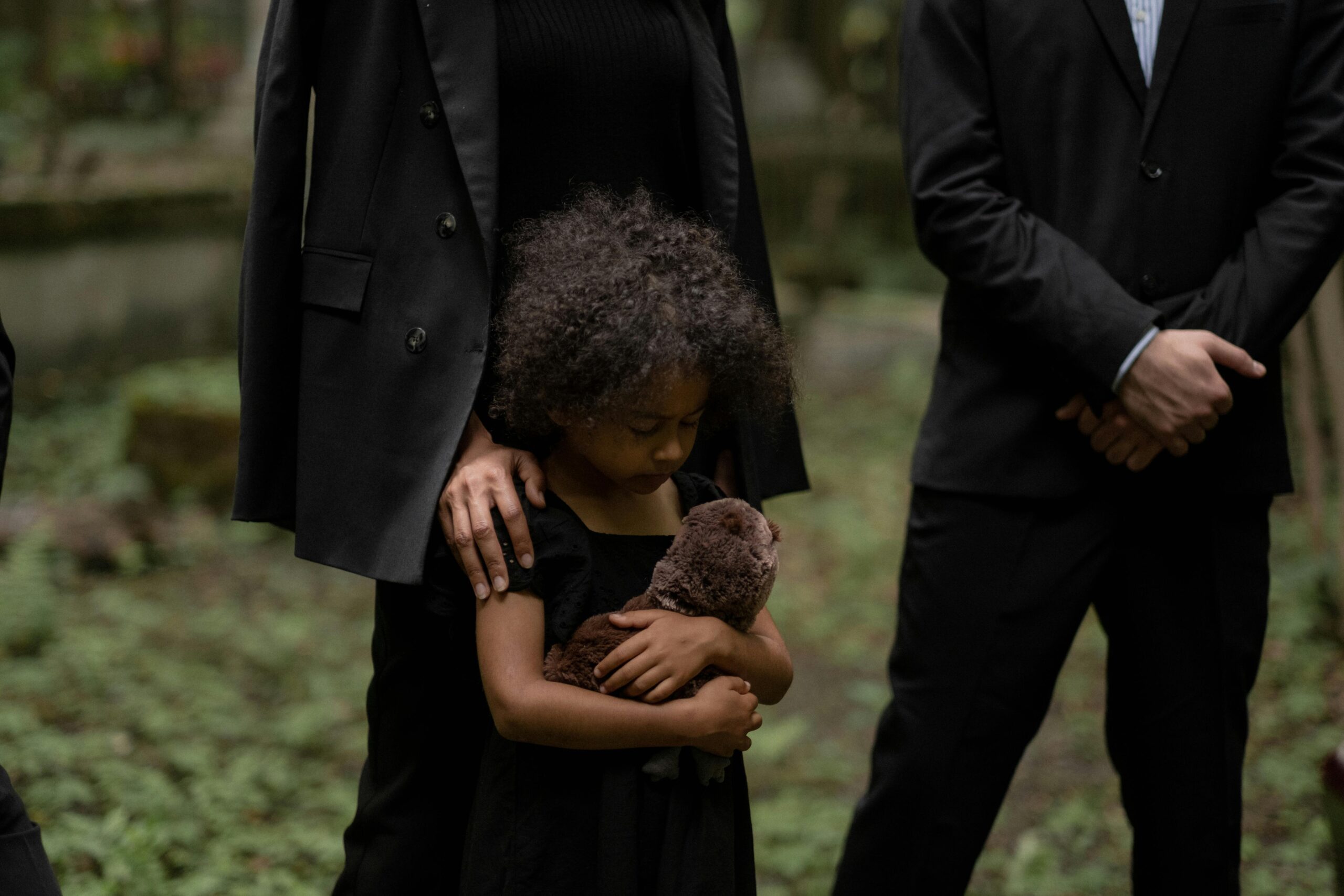
leave a comment!
Comments